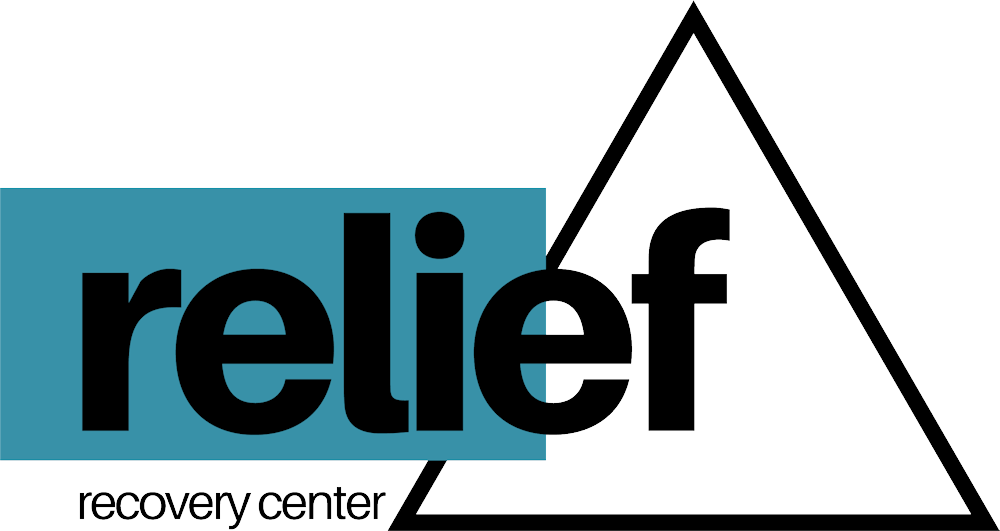Recovery from addiction is a journey filled with challenges, and one of the most common hurdles individuals face is managing stress. Stress can trigger cravings and jeopardize sobriety, making it crucial to develop effective strategies for coping. In this blog post, we’ll explore various tips and techniques for managing stress in addiction recovery.
Stress
Stress is a physiological and psychological response to demands or pressures that exceed an individual’s coping abilities. This results in feelings of tension, anxiety, and discomfort. For a recovering addict, stress can manifest in various ways, often amplifying the challenges of maintaining sobriety.
It can involve:
- Heightened anxiety: This is often about relapse or triggers that could lead to substance use.
- Physiological symptoms: Examples include increased heart rate, muscle tension, and difficulty sleeping
- Emotional distress: Stress in this context can cause irritability, mood swings, and feelings of being overwhelmed, as they navigate the complexities of life without relying on substances for coping.
Stress management techniques, therapy, and support from peers and professionals are essential tools for managing stress effectively and maintaining long-term recovery.
Strategies
These are some simple, healthy strategies to incorporate into your stress management toolbox:
- Practice Mindfulness: Mindfulness involves being fully present in the moment, without judgment. Incorporating mindfulness techniques such as deep breathing exercises, meditation, or yoga can help reduce stress levels. These practices promote relaxation and allow individuals to cope with stress more healthily.
- Build a Support Network: Surrounding yourself with supportive friends, family members, or peers who understand your journey can provide invaluable support during times of stress. Having someone to talk to or lean on during difficult moments can help alleviate stress and prevent relapse.
- Engage in Physical Activity: Exercise is a powerful tool for managing stress and improving overall well-being. Whether it’s going for a walk, jogging, cycling, or participating in group fitness classes, physical activity releases endorphins that boost mood and reduce stress. Aim for at least 30 minutes of moderate exercise most days of the week to experience the benefits.
- Practice Self-Care: Self-care is essential for maintaining emotional and mental well-being. Set aside time each day to engage in activities that bring you joy and relaxation, whether it’s reading a book, taking a warm bath, listening to music, or pursuing a hobby. Prioritizing self-care helps replenish your energy and resilience, making it easier to cope with stressors.
- Maintain a Balanced Lifestyle: Maintaining a balanced lifestyle is crucial for managing stress and supporting long-term recovery. Ensure you’re getting enough sleep, eating nutritious meals, and avoiding excessive caffeine or sugar, which can exacerbate stress levels. Establishing a routine and sticking to it can also provide a sense of stability and control.
- Set Realistic Goals: Setting realistic goals can help reduce feelings of overwhelm and stress. Break larger tasks into smaller, manageable steps, and celebrate each achievement along the way. By focusing on progress rather than perfection, you can build confidence and resilience in your recovery journey.
Resources
There are numerous resources available for stress management, catering to various preferences and needs. Here are some options:
- Therapy and Counseling: Seeking support from a licensed therapist or counselor can provide personalized strategies for managing stress. Here at Relief Recovery, our therapists offer techniques such as cognitive-behavioral therapy (CBT), and Dialectical Behavior Therapy (DBT) tailored to individual needs.
- Mindfulness and Meditation Apps: Apps like Headspace, Calm, and Insight Timer offer guided meditation sessions, mindfulness exercises, and relaxation techniques that can help reduce stress and promote overall well-being. These apps often include features for tracking progress and setting reminders for daily practice.
- Self-Help Books and Resources: There are many books and online resources available on stress management techniques, such as “The Relaxation and Stress Reduction Workbook” by Martha Davis, “The Stress-Proof Brain” by Melanie Greenberg, and websites like HelpGuide.org, which offer articles and tips on stress reduction.
- Support Groups and Peer Networks: Connecting with others who are experiencing similar stressors can provide validation, support, and practical coping strategies. Support groups, both online and in-person, such as those offered by the Anxiety and Depression Association of America (ADAA) or SMART Recovery, can be valuable resources for managing stress.
- Professional Workshops and Courses: Many organizations offer workshops, courses, and seminars on stress management techniques, mindfulness, resilience building, and other related topics. These programs often provide practical tools and strategies for managing stress in both personal and professional life.
By exploring these resources and finding what works best for individual needs and preferences, individuals can develop effective strategies for managing stress and promoting overall well-being Check out our treatments page here to see more details of what we offer at Relief Recovery.
Managing stress in addiction recovery requires a combination of strategies and techniques tailored to individual needs. By practicing mindfulness, building a support network, engaging in physical activity, prioritizing self-care, developing healthy coping mechanisms, maintaining a balanced lifestyle, and setting realistic goals, individuals can effectively navigate stressors and safeguard their sobriety. Remember that recovery is a journey, and it’s okay to seek help and support along the way. With dedication, perseverance, and the right tools, it’s possible to overcome stress and thrive in recovery.



